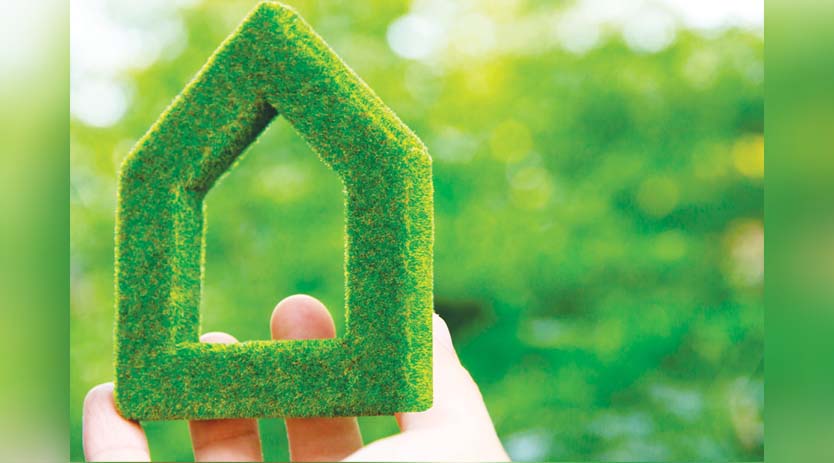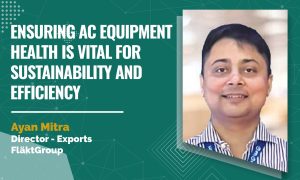Implementing smart cooling techniques such as heat recovery and direct /indirect adiabatic cooling on HVAC equipment can further reduce the cooling demands in the future.
According to reports, the Indian HVAC market is projected at $31,598.6 million by 2030 at a CAGR of 16 percent during the forecast period (2020-2030). The HVAC OEMs are redefining HVAC design technology. Also, the manufacturers are striving to meet the energy efficiency standards set by the ECBC, ASHRAE, ISHRAE etc., to meet the sustainability goals.
India Cooling Action plan and sustainable cooling
The Ministry of Environment conceptualises the India Cooling Action Plan, Forest and Climate Change, Government of India. It provides a twenty-year perspective with recommendations to address the cooling requirements across sectors and ways and means to provide access to sustainable cooling. In the 1990’s HVAC Cooling was considered a luxury. Since 2000 onwards, HVAC Cooling has been ingrained in our lifestyle. It has become an integral part of cooling in our homes, workspaces, manufacturing industries, cold chain, pharma, healthcare, refrigeration, etc. Moreover, during the recently held COP26 summit, India pledged to Net Zero emissions by 2070. And the India Cooling Action Plan (ICAP) will play a strategic role in ensuring sustainable cooling for future generations.
Overview of ICAP Goals
ICAP is about recognising “cooling and related areas” as an area of research under the national science and technology programme. It is to support the development of technological solutions to encourage innovative challenges. Other goals include reducing cooling demand across sectors by 20 to 25 percent by 2037-38; reducing refrigerant demand by 25 to 30 percent; and reducing cooling energy requirements by 25 to 40 percent by the year 2037-38. Besides that, ICAP aims to train and certify 100,000 servicing sector technicians by 2022-23, synergising with the Skill India Mission.
ICAP focus on the reduction of cooling demand
ICAP points out the strategies in space cooling in buildings, cold-chain, refrigeration, transport and other air-conditioning servicing sectors.
The latest energy-efficient
Technologies – inverter compressors, variable speed drives and EC fans – reduce the power consumption of HVAC equipment. Also, implementing smart cooling techniques such as free cooling, adiabatic cooling, heat recovery, direct /indirect adiabatic cooling can further reduce the cooling demands in the future.

Acrex 2023 focuses on advancements in technology.
The 23rd Edition of Acrex 2023 is being held in Mumbai after three years at the Bombay Convention & Exhibition Centre (BCEC). The event is the largest international exhibition on HVACR and building services. It is an excellent platform for networking, meeting people and sharing thoughts and vision with all the stakeholders from our HVACR industry.
This year the focus for Acrex India 2023 is on advancements in technology in the HVAC sector. It is pivotal in creating a better future and world considering sustainability and a direction to achieve Net Zero Emission by 2070. I look forward to the latest trending and futuristic innovation of HVACR and building services presented by all the OEMs from national and international exhibitors.
Cookie Consent
We use cookies to personalize your experience. By continuing to visit this website you agree to our Terms & Conditions, Privacy Policy and Cookie Policy.














